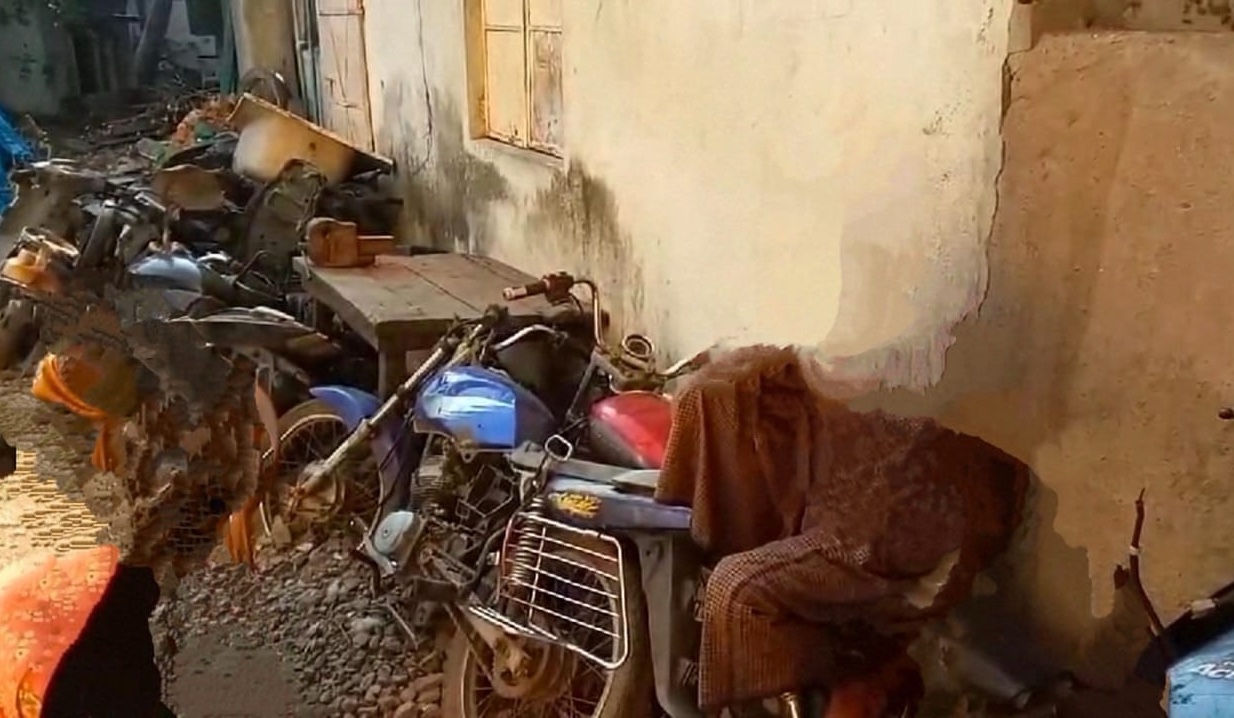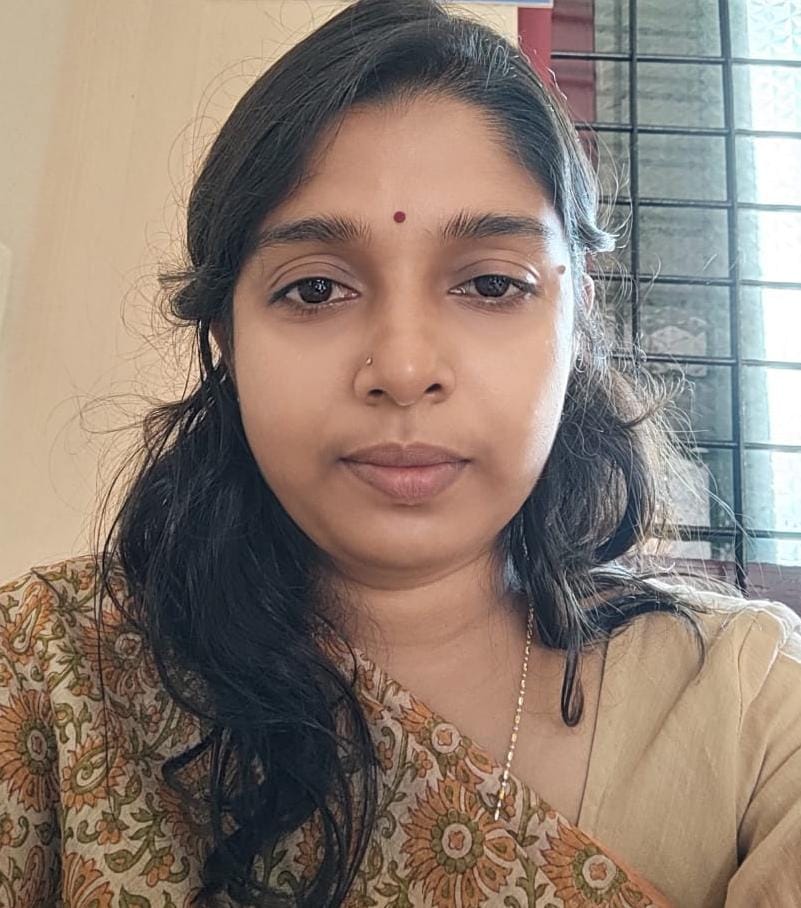In this blog post, I argue that limited livelihood rights extended to Rohingya refugees in India restrict their basic needs and blur their future, thereby violating the right to life in the host country. This argument is based on the analysis drawn from the field survey conducted in the Chennai refugee shelter to study the struggles of Rohingya refugees to meet their daily expenses. The research further highlights that in order to bring changes in existing scenarios and to enable better living there exists a need for intervention by the government and other agencies.
Making a decent, meaningful life in the host country is a pertinent issue for refugees, considering the uncertainties involved. While Agamben (1995) stated that refugees represent a disquieting element in the order of the modern state, he also acknowledged that since they are a significant part of humanity today, taking care of their needs is necessary for the holistic development of the state. In this context I note that though protection from persecution is the primary concern as regards the right to life, eventually survival in the host country becomes the key issue. In fact, during the initial phase of refugees, hand-out-based assistance maintains them. But once this stops, it is hard for refugees to find livelihood opportunities to sustain themselves. Little resources, less local support and the absence of government initiatives reduces their life to a bare minimal existence.
Coming to the Indian context, on close observation, there exists a lack of livelihood opportunities in the Chennai Rohingya refugee shelter. This is reflected in their lives in the camp and the failure of livelihood ventures, in the shutting down of a bike repair shop that operated in the shelter itself, due to resistance from the neighbor and in the denial of opportunity to open a saloon or join a saloon for a hairdresser, on account of lack of identity proof. Traditionally, in the Rohingya community, it is the male member of the family who is the breadwinner for individual refugee households. Currently, to earn a livelihood, the Rohingya community living in the refugee shelter in Chennai resorted to rag picking and assistance to eatery shops. However, it is hard to sustain the lives of the 81 members living in the community through these ad hoc, unstable alternatives for survival. Moreover, these recent instances are clear evidence of the lack of livelihood opportunities and the need for a support mechanism from the government and local community.
This primarily points out two-fold causes for the livelihood struggle of Rohingyas: firstly, the lack of legal and political status, and secondly, the xenophobic tendency resulting in an indifferent attitude. The lack of refugee status is due to the non-recognition of Rohingyas by the government, as neither the UNHCR card is acknowledged nor refugee identity is granted. As a result, they are bestowed with very limited livelihood related rights, with insufficient access to financial resources or any government schemes or welfare measures. Secondly, as pointed out through examples, not only the government but also the local community were hesitant to extend proactive support for starting an endeavor, as they feared permanent settlement. Providing alms for survival and extending support to begin a decent life is as different as giving fish and teaching fishing. As shared in the interview, the reason to take the risk by sneaking to be a rag picker, despite the recent case of a Rohingya found hanging in the worksite where he had gone for rag picking, is nothing but a fight for survival. This existential crisis is what Arendt (1943) referred to as the ‘denial of the right to have rights’ because even to be an informal laborer identity proof was a necessity. The hurdles in livelihood rights expose how the lack of legal and political support from the government and the local community curtailed their aspirations while coming to India.
This visible indifference towards Rohingya refugees by the Government of India is noticed at a time when there is a renewed interest across the globe to support decent lives by promoting refugee self-reliance during their stay in the host countries post the New York Declaration on Refugees and Migrants and the consequent Global Compacts on Refugees and Migrants. While it is necessary to acknowledge the impact of limited livelihood rights on the Rohingya lives, examining the Tibetan refugee resettlement by the Government of India highlights the relevance of host country support in rebuilding refugee lives. In fact, the Indian government supported the Tibetan refugees by providing agricultural land and space for handicraft manufacturing and resettling them in the 1950s. This not only made positive contributions to India from a social, cultural and economic perspective but also created sustainable livelihoods that helped them regain their lost agency and lead decent lives.
Livelihood-related rights of the Rohingya refugees would heavily depend on their recognition by the Indian Government. Once their refugeehood is recognized, it is much easier to work towards establishing a supportive livelihood mechanism with the help of NGOs and local communities. Therefore, as this blog piece argues, in the Indian scenario, in order to enable Rohingya refugees to create a sustainable livelihood, it is far more important to grant the refugee legal status. Examples of Tibetan refugees and the emphasis on refugee self-reliance in the Global Compact highlight the importance of ensuring the right to livelihood for Rohingya Refugees.

At the Chennai shelter during the fieldwork. Photo credit: Author
Key words: Rohingya Refugees, India, Right to life, Livelihood, Xenophobia, host country

Aneesha Johny is a PhD student at the National Law School of India University, Bangalore. Her doctoral research focuses on the comparative regional analysis of the application of principle of non-refoulement in the responses of South Asia and Europe towards Rohingya and Syrian refugees.
